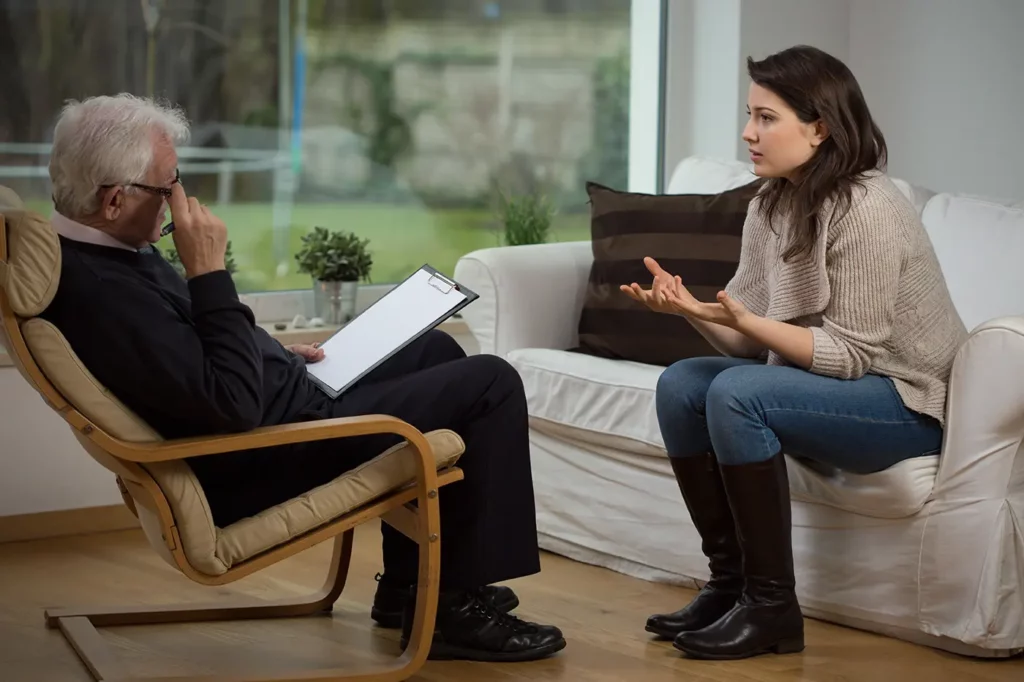24/7 Helpline:
(866) 899-221924/7 Helpline:
(866) 899-2219
Learn more about Individual Therapy centers in Chattooga County

Other Insurance Options

Health Net

American Behavioral

Magellan Health

MVP Healthcare

Ambetter

Excellus

Cigna

Health Partners

Health Choice

Lucent

CareSource

CareFirst

Private insurance

Premera

MHNNet Behavioral Health

Humana

Access to Recovery (ATR) Voucher

Ceridian

Horizon Healthcare Service

Regence

Dorchester Mental Health Center
Dorchester Mental Health Center is a public rehab located in Summerville, South Carolina. Dorchester...

Palmetto Summerville – Behavioral Health
Palmetto Summerville – Behavioral Health is a private rehab located in Summerville, South Carolina. ...













































Dorchester Alcohol and Drug Commission
Dorchester Alcohol and Drug Commission is located in Summerville, South Carolina. Dorchester Alcohol...

Dorchester Counseling Services
Dorchester Counseling Services is located in Summerville, South Carolina. Dorchester Counseling Serv...


























